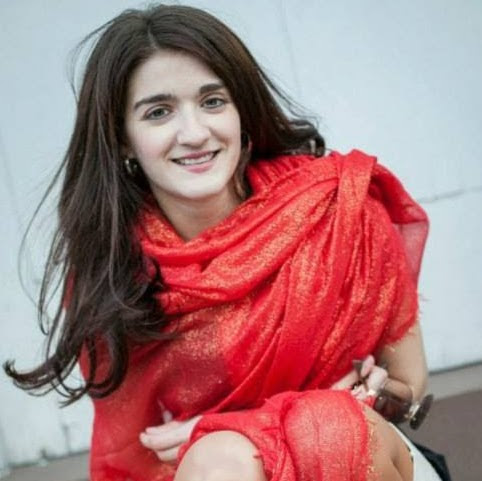Beginner's Guide to Singing Opera
Perhaps you’ve listened to the wonderful recordings or Pavarotti and Maria Callas and wonder how they have such powerful voices. Or maybe you’ve caught an opera or two live on the stage or on the big screen, and now are inspired to learn more about the genre. Here is a beginner's guide on learning how to sing opera!
Listen & Watch
Start with listening to great opera singers like the Three Tenors, or Renée Fleming. Listen to the works of important composers of opera such as Berlioz, Mozart, Bizet, Handel, and Puccini. By listening to orchestral music, you will start to get a feel for the style and flow of this music.
You can watch famous operas on DVD, or on the big screen through the Met’s yearly opera screens at a local movie theater. Take a visit to big companies in the U.S such as the Metropolitan Opera, Glimmerglass, Boston Lyric, or Santa Fe Opera companies -- and find local opera performances in your communities. The more you watch and study these operas first hand, you will be inspired by the productions, and start to discover the roles or chorus parts that speak to you.
Study Classical Technique and Languages
To develop the strength, stamina, and range as an opera singer, study classical music first. Before tackling major arias, study classical art songs. These shorter operatic songs are great for young voices that are developing, from teens to young adults.
If you are serious about studying opera, you should learn Italian, French, German and Spanish - the languages which are most commonly sung in opera. You will be able to understand and express the intended message of the song when singing, and enjoy the operas better as a viewer, too.
It’s also important that you learn how to read music and to play the piano or a string instrument. Often, you will be asked to sight-read, and to sing difficult melodies, and as an opera singer, you will not be able to get away with the excuse “I can’t read music.” You must learn a musical instrument, and how to read sheet music.
Practice
Opera is very demanding physically and mentally, and you will not be able to perform in opera without taking the time to practice properly. In your practice focus start by first focusing on specific classical vocal techniques, warm-ups, diction and phrasing. Then focus on song study and lyrical content. Make sure you find a teacher or a mentor that has had opera experience to help you in your musical studies.
It’s important to practice this art form daily or at least weekly. Opera is not an art form that can be learned overnight. It takes months and sometimes even years to perfect a song, role, or voice range. Artists may sign opera contracts 2-3 years in advance of the performance, so they will have time to prepare for the role.
Perform
Once you and your teacher feel confident about your progress singing classical and opera music, get out there and start performing and auditioning.
Start locally. There are many talent shows, competitions, and scholarships given out to opera singers. Gain experience performing your classical art songs. Try putting together scenes from your favorite operas. Pay attention to opera auditions happening nearby or in cities near you.
To get started, you might opt to audition for the chorus, or a summer training program abroad. Singing in the chorus is a great way to start performing opera -- you will learn so much about the production and from the other singers. Attending a training program is also very beneficial and a great plus for your resume.
If you are serious about pursuing an opera career or want to learn some of your favorite opera arias for fun, schedule a lesson today on Lessonface.com with an opera-focussed vocal coach!

Liz T. is an accomplished singer, actor, music teacher, currently pursuing a Masters in Music at Berklee College of Music study abroad campus in Valencia, Spain. She teaches all ages in piano and voice. View her teaching profile to set up a lesson.
Find more Voice Classes and Tutorials





Comments
Rhodney Cadelia Williams
Sat, 08/13/2016 - 6:42pm EDT
Permalink
My name is Cadelia and my husband Rhodney and I share a FB acct.
I am a beginner and I want to learn how to sing opera and/or classical music. Do I have to play an instrument?
Rhodney Cadelia Williams
Sat, 08/13/2016 - 7:01pm EDT
Permalink
My music teacher from the 7th
My music teacher from the 7th or 8th grade wanted me to sing opera. I was afraid and never persued it. I was watching Laura Bretan 13-year-old Opera Singer on the America's Got Talent Show and I was in tears. She is so awesome and truly blessed! She inspired me to try at the age of 54. I will be 55 in November. I am asthma and I have RA, but I am motivated to give it a try, and I need you to tell me if you think I have a chance.